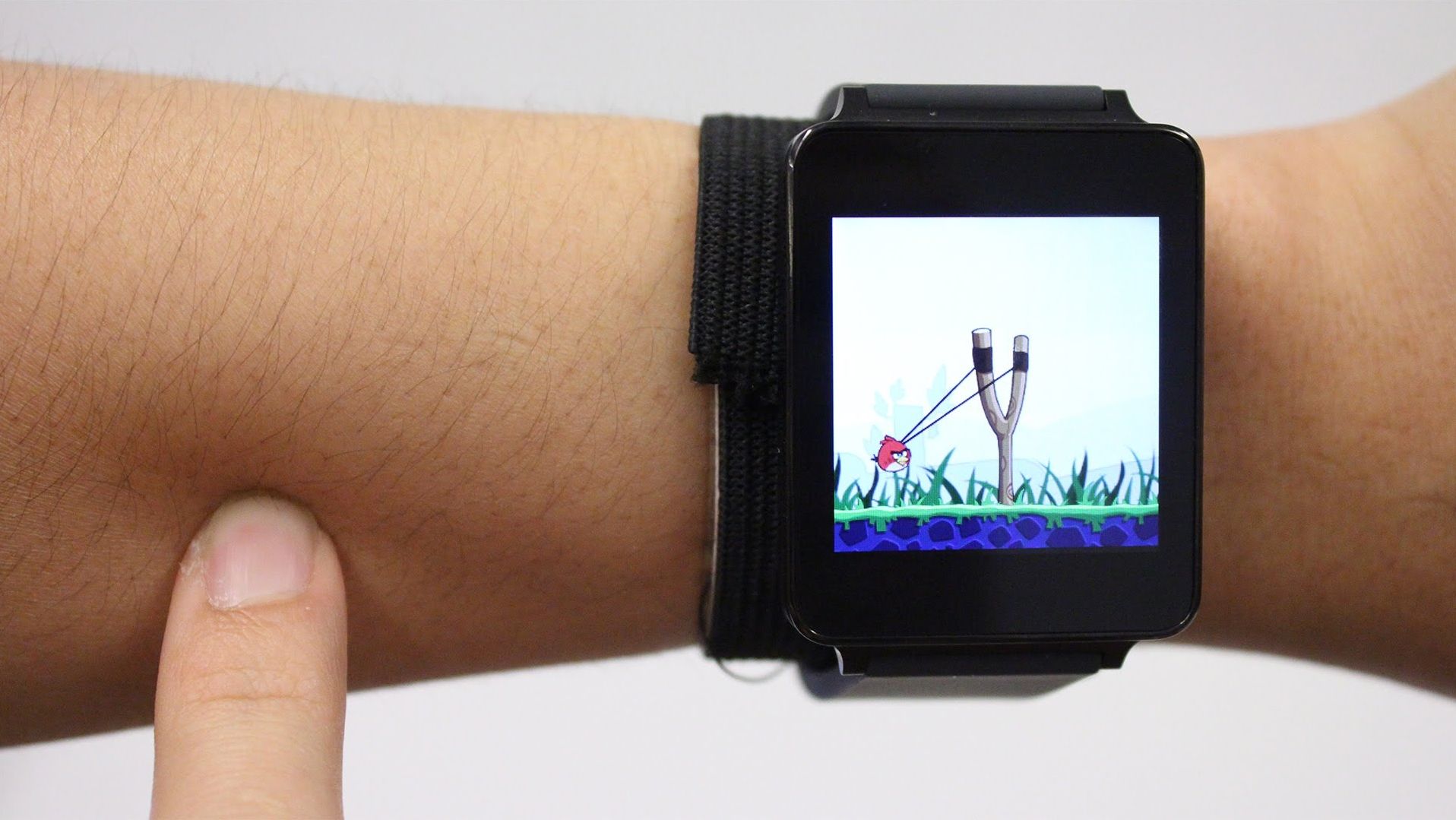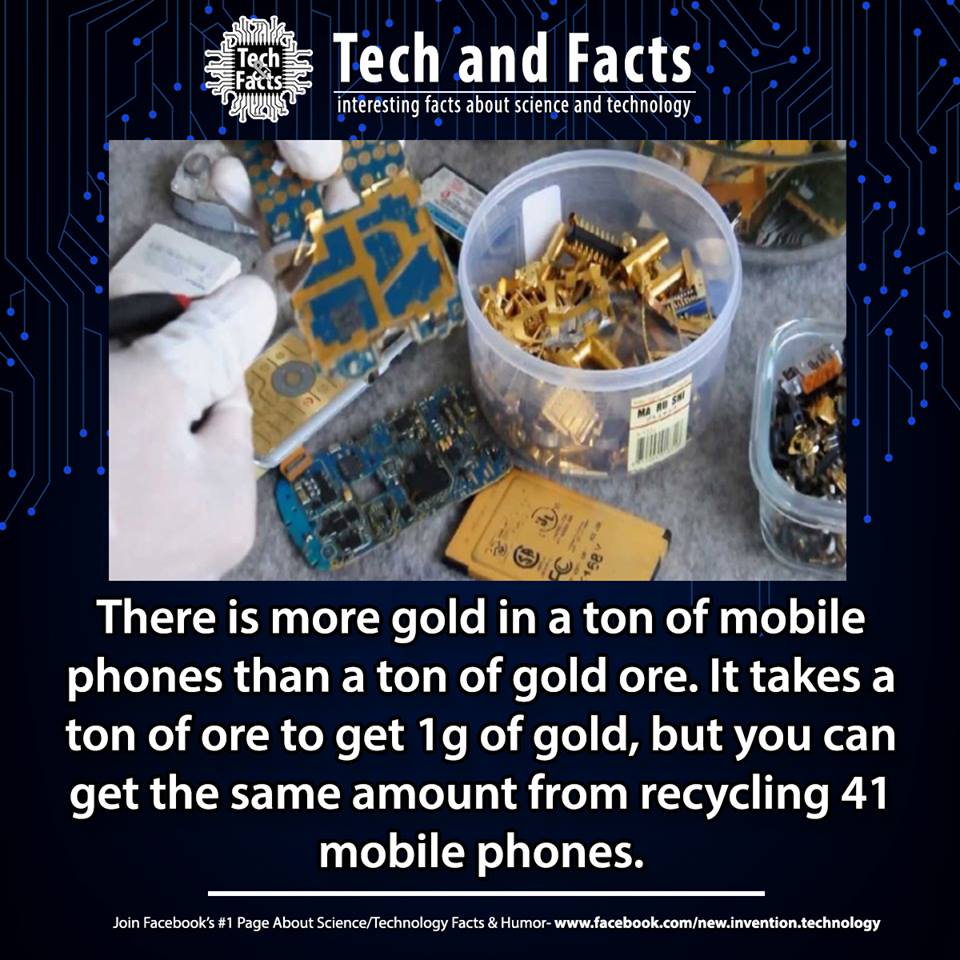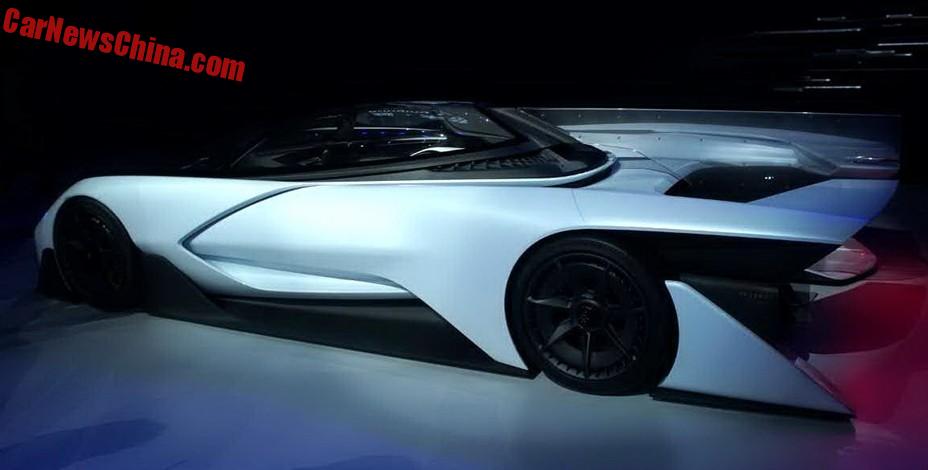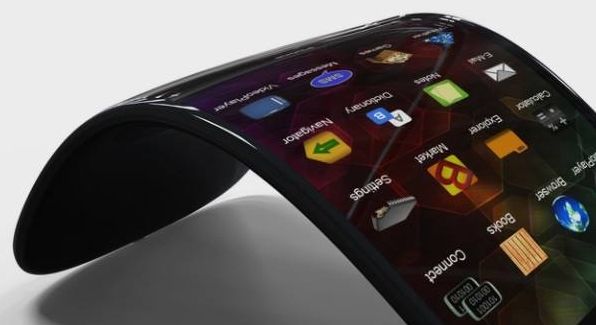Archive for the ‘mobile phones’ category: Page 219
May 5, 2016
Navigate your smartwatch
Posted by Shailesh Prasad in categories: futurism, mobile phones

New tech from Carnegie Mellon makes it much easier to play ‘Angry Birds’ on your wrist.
Smartwatches walk a fine line between functionality and fashion, but new SkinTrack technology from Carnegie Mellon University’s Future Interfaces Group makes the size of the screen a moot point. The SkinTrack system consists of a ring that emits a continuous high-frequency AC signal and a sensing wristband that goes under the watch. The wristband tracks the finger wearing the ring and senses whether the digit is hovering or actually making contact with your arm or hand, turning your skin into an extension of the touchscreen.
May 2, 2016
How AI will make information akin to electricity
Posted by Karen Hurst in categories: biotech/medical, computing, engineering, government, internet, life extension, mathematics, mobile phones, robotics/AI, wearables
Ask an Information Architect, CDO, Data Architect (Enterprise and non-Enterprise) they will tell you they have always known that information/ data is a basic staple like Electricity all along; and glad that folks are finally realizing it. So, the same view that we apply to utilities as core to our infrastructure & survival; we should also apply the same value and view about information. And, in fact, information in some areas can be even more important than electricity when you consider information can launch missals, cure diseases, make you poor or wealthy, take down a government or even a country.
What is information? Is it energy, matter, or something completely different? Although we take this word for granted and without much thought in today’s world of fast Internet and digital media, this was not the case in 1948 when Claude Shannon laid the foundations of information theory. His landmark paper interpreted information in purely mathematical terms, a decision that dematerialized information forever more. Not surprisingly, there are many nowadays that claim — rather unthinkingly — that human consciousness can be expressed as “pure information”, i.e. as something immaterial graced with digital immortality. And yet there is something fundamentally materialistic about information that we often ignore, although it stares us — literally — in the eye: the hardware that makes information happen.
As users we constantly interact with information via a machine of some kind, such as our laptop, smartphone or wearable. As developers or programmers we code via a computer terminal. As computer or network engineers we often have to wade through the sheltering heat of a server farm, or deal with the material properties of optical fibre or copper in our designs. Hardware and software are the fundamental ingredients of our digital world, both necessary not only in engineering information systems but in interacting with them as well. But this status quo is about to be massively disrupted by Artificial Intelligence.
Continue reading “How AI will make information akin to electricity” »
May 2, 2016
Tech and Facts Photo 2
Posted by Shailesh Prasad in categories: mobile phones, sustainability
Apr 29, 2016
Nvidia GPU-powered autonomous car teaches itself to see and steer
Posted by Karen Hurst in categories: engineering, mobile phones, robotics/AI, supercomputing, transportation
I do love Nvidia!
During the past nine months, an Nvidia engineering team built a self-driving car with one camera, one Drive-PX embedded computer and only 72 hours of training data. Nvidia published an academic preprint of the results of the DAVE2 project entitled End to End Learning for Self-Driving Cars on arXiv.org hosted by the Cornell Research Library.
The Nvidia project called DAVE2 is named after a 10-year-old Defense Advanced Research Projects Agency (DARPA) project known as DARPA Autonomous Vehicle (DAVE). Although neural networks and autonomous vehicles seem like a just-invented-now technology, researchers such as Google’s Geoffrey Hinton, Facebook’s Yann Lecune and the University of Montreal’s Yoshua Bengio have collaboratively researched this branch of artificial intelligence for more than two decades. And the DARPA DAVE project application of neural network-based autonomous vehicles was preceded by the ALVINN project developed at Carnegie Mellon in 1989. What has changed is GPUs have made building on their research economically feasible.
Continue reading “Nvidia GPU-powered autonomous car teaches itself to see and steer” »
Apr 29, 2016
This Bendable Smartphone Has A Screen Made of Graphene
Posted by Klaus Baldauf in categories: materials, mobile phones

A video of a fully bendable smartphone with a graphene touch display debuts at a Chinese trade show.
A Chinese company just showed off a fully bendable smartphone with a graphene screen during a trade show at Nanping International Conventional Center in Chongqing. Videos of the incredibly flexible phone are making the rounds, and no wonder, as it looks rather impressive.
Continue reading “This Bendable Smartphone Has A Screen Made of Graphene” »
Apr 28, 2016
China’s Jia Yueting intends to outmuscle Musk — Taking on Tesla
Posted by Karen Hurst in categories: electronics, mobile phones, sustainability, transportation
LeEco is known as the “Netflix of China” due to its very popular video streaming service, but the conglomerate also has interests in a much wider range of sectors including smartphones, TVs and electric vehicles.
Ding Lei, LeEco’s auto chief and a former top official at General Motors’ China venture with SAIC Motor, says part of LeEco’s advantage in tomorrow’s auto industry is that it carries no baggage from today’s.
This, the man said, is the future of cars, and the Chinese consumer electronics company LeEco is going to make that future a reality.
Continue reading “China's Jia Yueting intends to outmuscle Musk — Taking on Tesla” »
Apr 28, 2016
Google CEO Pichai Sees the End of Computers as Physical Devices
Posted by Karen Hurst in categories: augmented reality, computing, mobile phones, Ray Kurzweil, robotics/AI
Kurzweil, me and others have been saying devices will eventually be phased out for a while now. However, I do not believe the phase out will be due to AI. I do believe it will be based on how humans will use and adopt NextGen technology. I believe that AI will only be a supporting technology for humans and will be used in conjunction with AR, BMI, etc.
My real question around the phasing out of devices is will we jump from Smartphone directly to BMI or see a migration of Smartphone to AR Contacts & Glasses then eventually BMI?…
(Bloomberg) — Forget personal computer doldrums and waning smartphone demand. Google thinks computers will one day cease being physical devices.
Continue reading “Google CEO Pichai Sees the End of Computers as Physical Devices” »
Apr 28, 2016
India to require panic buttons on phones
Posted by Karen Hurst in categories: computing, economics, law enforcement, mobile phones, policy, security
New requirement if you’re a Smartphone device provider and trying to sell in India.
Starting next year, all mobile phones sold across India must include a panic button, local news outlets are reporting. In addition, by 2018, all cell phones need to come with a built-in GPS chip, so a person in trouble can be more easily found.
“Technology is solely meant to make human life better and what better than using it for the security of women,” communications and IT minister Ravi Shankar Prasad said in a statement, according to The Economic Times. “I have taken a decision that from January 1, 2017, no cell phone can be sold without a provision for panic button and from January 1, 2018, mobile sets should have in-built GPS.”
Continue reading “India to require panic buttons on phones” »















